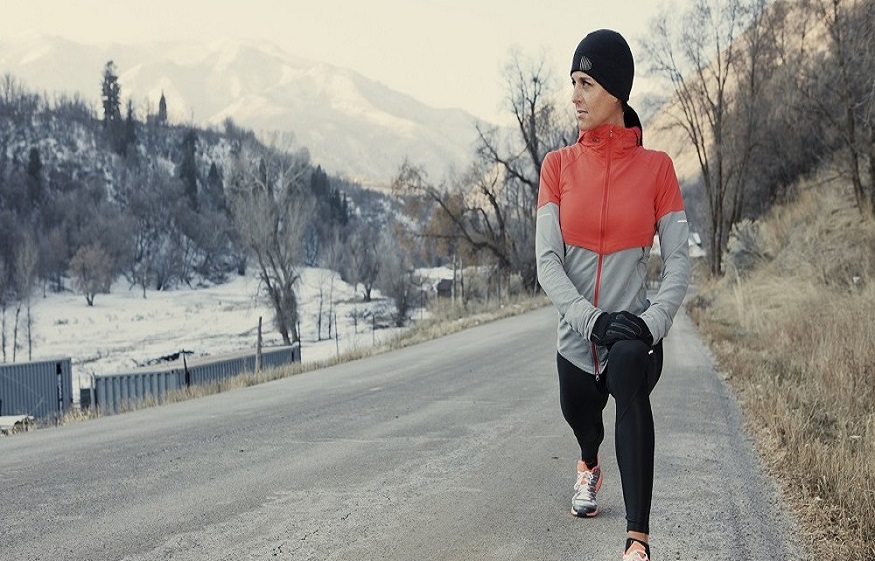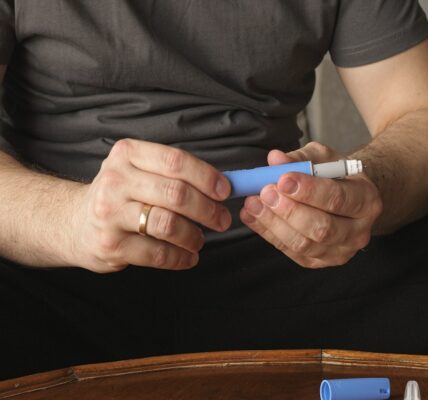Often unrecognized impacts. Precautions to be taken.
Playing sports in winter, when nature is adorned with a beautiful coat of frost or snow, can bring a lot of pleasures. But when it is cold, certain precautions are necessary to avoid serious health concerns, in particular cardiovascular problems. Explanations.
Risks related to cold
In winter, the cold makes the effort much more difficult and therefore the work of the heart more painful. According to the French Federation of Cardiology (FFC), a simple walk in the cold would be equivalent to running a 100 meters!
” We talk too little about this impact of the cold on cardiovascular risk, which therefore remains relatively unknown. The number of cardiovascular accidents increases in winter and they are responsible for about half of the excess mortality. this season. “, explains Professor Claire Mounier-Vehier, cardiologist at the Lille University Hospital and President of the French Federation of Cardiology.
Our body must indeed adapt to low temperatures, especially struggling to maintain its internal temperature. This is the point that requires the most attention from us before playing sports in cold weather. The bronchi are exposed to the freezing air. The joints subjected to the cold are more stressed. Muscles are more vulnerable to injury and extremities to frostbite. Sport in cold weather is therefore more demanding on our body. Precautions should be taken accordingly to avoid any potentially serious health problems.
The heart: risks to be taken seriously
To function properly, our body must maintain an internal temperature around 37 ° C. It must then activate a number of mechanisms to perform this function, in particular if the temperature drops. This work results in an increase in heart rate (the heart must beat faster to meet the body’s needs), blood pressure and blood viscosity, factors which, taken together, constitute a risk of contracting certain diseases. serious such as myocardial infarction, angina or even cerebrovascular accident (stroke). Risks increased with pollution. We explain the mechanisms involved in more detail later in this article.
If you practice a sport in cold weather, the heart is strained even more because it must provide the necessary oxygen to the muscles in action. This cardiac effort is all the more difficult as the cold causes vasoconstriction of the blood vessels in the muscles, therefore making it more difficult for them to eat. Thus, when the thermometer displays negative temperatures, the slightest effort turns into a real test of strength.
The cold, on the other hand, promotes dehydration and thus helps to increase blood viscosity, which makes the work of the heart even more difficult!
If the risk of cardiovascular accident is lower in young and healthy people, it increases with age and must be seriously taken into account in the event of cardiac history, aggravating factors (cholesterol, diabetes, smoking, stress, high blood pressure, heart failure, etc.). In general, the FFC recommends monitoring your heart after 40 years and always preparing your heart and body well for the effort.
These health risks should not, however, discourage you to the point of not going out when the thermometer drops! Not everyone has a heart attack when they go out in the cold. In fact, the cold acts as a triggering factor which reveals earlier than expected pathologies already in place and which would have been revealed a few years later at milder temperatures. This is therefore more of a warning inviting everyone, whatever their age and physical condition, to take the necessary precautions to limit these risks.









